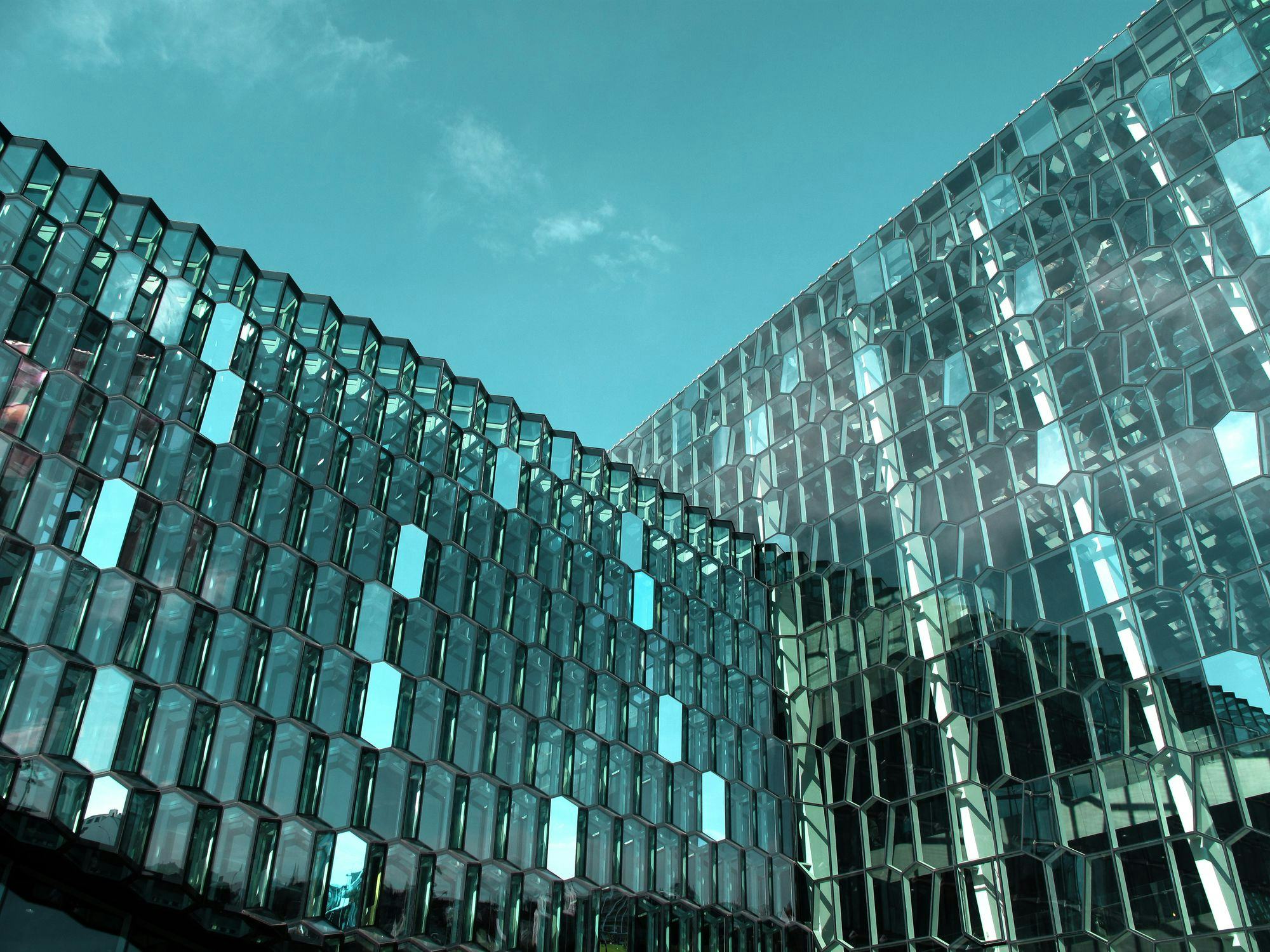Arctic Circle Assembly
The 2024 Arctic Circle Assembly will be held from October 17th to 19th in Harpa Concert Hall and Conference Centre, Reykjavik, Iceland.

EFLA´s Panel Session
EFLA Consulting Engineers will host an in-depth panel session at this year's Arctic Circle Assembly on building resilient, future-proof power grids during rapid energy transition.
Our expert panel will discuss the challenges and opportunities of integrating renewable energy in the Arctic, offering a unique opportunity to learn from global leaders. We will explore critical questions like achieving carbon neutrality, overcoming fluctuations in power supply, and more.
Join us for this engaging discussion as we shape the future of sustainable energy in the Arctic.
- Date: October 18th, 2024
- Time: 16:00-16:55
- Location: Ríma B, Harpa, Reykjavík
- Session Title: Ensuring Stable and Reliable Operation of Future Sustainable Power Grids
Moderator: Hjörtur Jóhannsson, PhD, EFLA
Speakers:
- Klaus Skytte, CEO, Nordic Energy Research
- Prof. Nicolaos A. Cutululis, DTU, Wind and Energy Systems
- Gnýr Guðmundsson, Director of System Development, Landsnet
EFLA at Arctic Circle

Advancing Offshore Wind Integration and Renewable Energy Grids
Nicolaos A. Cutululis is a Professor at the Technical University of Denmark (DTU) in the Wind and Energy Systems Department, with extensive expertise in integrating wind power into electric grids.
Speakers bio
His research emphasizes the secure operation of power systems with high penetration of renewable energy sources, particularly focusing on offshore wind integration, HVDC transmission, and offshore grid infrastructure.
Expertise
He is leading large research projects related to development of offshore energy hubs and has in the past led and contributed to major European, Nordic, and national projects, collaborating closely with both academia and industry. Nicolaos is also a key player in global initiatives like the Global Power System Transformation Consortium and IEA Wind Task 25. Additionally, he has been editor of high-impact journal such as Wind Energy Science Journal and IEEE Transactions on Sustainable Energy.

Advancing Renewable Energy through Nordic Cooperation
Klaus Skytte is the CEO of Nordic Energy Research and holds a PhD in Economics.
Speakers bio
With a professional background spanning over two decades, his research interests focus on renewable energy integration, electricity market design, and cross-border energy collaboration. He has extensive experience leading projects and partnerships in the Nordic region and internationally. Klaus previously held roles such as Head of Energy Economics at DTU and has served as Denmark’s national expert in international energy collaborations like ISGAN.
Expertise
Passionate about advancing the green transition, Klaus emphasizes the importance of research-driven solutions and strong regional cooperation to achieve a climate-neutral future. He believes that the unique strengths of the Nordic region, combined with mutual trust and shared expertise, position it as a global leader in sustainable energy systems and climate-neutral competitiveness.

Exploring System Development and Energy Sector Innovations
Gnýr Guðmundsson is the Director of System Development at the Landsnet, the Icelandic Transmission System Operator.
Speakers bio
With extensive experience as a team leader and program manager, he has a strong track record in managing investment projects, portfolio management, and planning within the energy sector.
Expertise
His expertise includes electrical safety, continuous improvement, electrical engineering, power system analysis, and wind energy integration.
Ensuring stable and reliable operation of future sustainable power grids